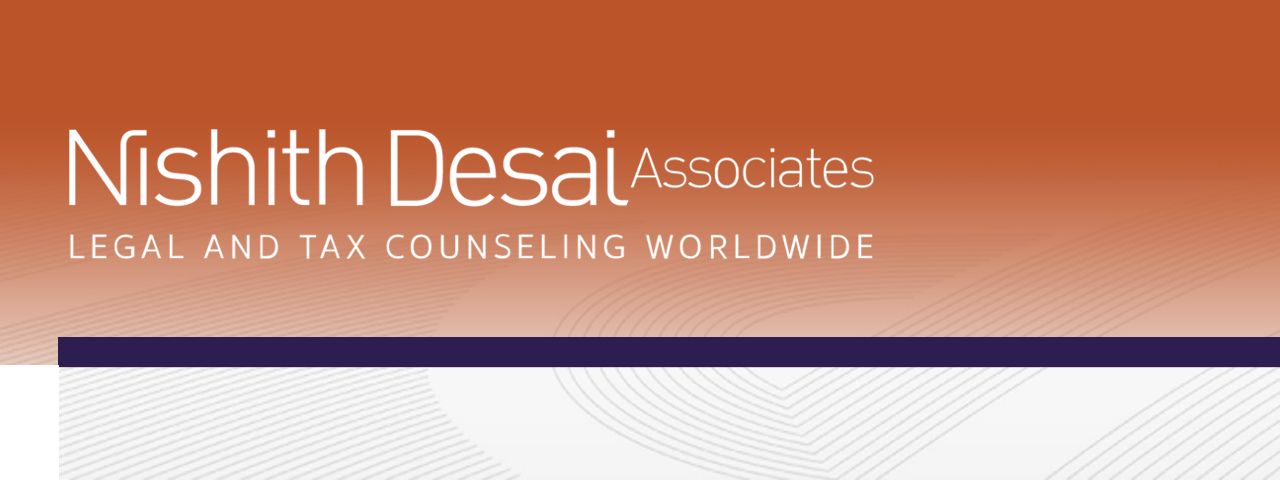|
|
|


Sam Altman, the co-founder and the Chief Executive Officer (‘CEO’) of OpenAI, the firm at the forefront of the artificial-intelligence (AI) revolution, was suddenly sacked by the company’s board, citing concerns over his lack of consistent candour in communications with the board. The decision seems to have been arrived at following a probe that revealed Altman had not been entirely forthright in his conversations with the directors, eroding confidence in his ability to effectively lead the organization. The alacrity with which this decision was taken by the board has reportedly even surprised some of the strategic shareholders of the company, who immediately stepped in for damage control. The board’s decision to remove Altman overnight, reflects the challenges and complexities that organizations face in balancing innovation, growth, and ethical considerations in the rapidly evolving field of AI.
In the dynamic landscape of corporate governance, the role of candid communication has emerged as an important element, reshaping the way companies are managed and decisions are made. Corporate governance, traditionally focused on compliance and oversight, is undergoing a transformative shift. The relationship between CEOs, Boards, and day-to-day operations has seen a paradigm shift, with candidness becoming an important ingredient of effective governance. Beyond regulatory requirements, there is a growing recognition that fostering a culture of candidness is essential for building trust, driving innovation, and navigating the complexities of today’s business environment.
At the helm of every successful corporation stands a CEO, tasked not only with steering the ship but also with fostering an environment of openness and transparency. The duty of the CEO extends beyond the confines of day-to-day operations; it involves maintaining a line of communication with the Board, to ensure informed decision-making at the highest level. The success of an organization often hinges on the CEO’s ability to act as a conduit, fostering transparency, and leading by example.
The selection of a CEO is among the most critical decisions made by the board, underscoring the importance of careful consideration and due diligence in the appointment process. Arguments in favour of separating the roles of chairman and CEO, amongst other things, provides the CEO with a valuable mentor or ‘sounding board’.
The duty of the CEO or a Managing Director is not merely to execute directives from the Board but to act as a conduit, keeping the Board apprised of critical developments, challenges, and opportunities. This duty becomes even more crucial as the Board may not always be well-versed in the intricacies of day-to-day affairs. It is through candid and comprehensive reporting that the CEO empowers the Board to make informed decisions that align with the company’s strategic goals.
CEOs must not only share successes but also be upfront about challenges and risks. This honesty allows the Board to apply their collective experience and expertise to navigate complexities effectively. In a rapidly evolving business landscape, where unforeseen challenges can arise at any moment, the ability to present a truthful view of the company’s status is indispensable.
Effective communication from the CEO to the Board involves more than just delivering reports; it requires a narrative that provides context, analysis, and potential solutions. The CEO must act as a storyteller, articulating the company’s journey, triumphs, and hurdles. This narrative empowers the Board to make decisions that are not only grounded in data but also in a deep understanding of the company’s ethos and strategic vision. Independent outside directors must possess the intelligence, integrity, personality, and knowledge to challenge and stand against an over-powerful CEO when necessary. Striking the right balance is key, creating an environment where directors asking probing questions are viewed as contributors to the decision-making process rather than adversaries.
The relationship between the CEO and the Board is not just about compliance; it’s about collaboration. A candid dialogue fosters a culture of trust and collaboration, enabling the Board to leverage their diverse skills and experiences in guiding the company. This collaboration is essential for addressing emerging challenges, staying ahead of industry trends, and seizing new opportunities.
One of the primary responsibilities of the CEO is to eliminate surprises, creating an environment where unexpected developments are minimized through proactive communication. By relaying board expectations to the management team and conveying management issues to the board, the CEO ensures that everyone is on the same page. This communication bridge is essential for maintaining trust, preventing misunderstandings, and steering the company toward its strategic goals.
To achieve this, CEOs must stay deeply involved in all aspects of organizational and business activities that could impact the company financially or alter its risk profile. This involves creating management teams that prioritize frequent and open communication of both positive and negative news. The CEO, in collaboration with the board, establishes a disclosure or market integrity committee, providing a structured framework for evaluating and disclosing market-sensitive information.
Importantly, the role of the CEO as a communicator extends to external stakeholders, including customers, partners, and the broader community. In an age where corporate social responsibility and ethical business practices are under the spotlight, candid communication about the company’s values and actions is essential for maintaining trust and credibility. As the corporate landscape continues to evolve, the importance of effective CEO leadership in fostering a culture of openness and accountability cannot be overstated.
But candidness in governance is a two-way street. As critical is it for the Board to demand candidness from its CEO, it is equally important for the Board to communicate its requirements to its CEO and steer the ship with the confidence of the employees. In Sam Altman’s case, Microsoft reportedly stepped in and quickly provided a platform to Sam Altman and Greg Brockman to join Microsoft and lead a new advanced AI research team, which they were happy to accept. Meanwhile, more than 500 of OpenAI’s 700 odd employees threatened to leave OpenAI and join Microsoft, if the Board of OpenAI doesn’t resign. They claim to have lost faith in the ability of the Board to steer OpenAI effectively in light of the manner in which Sam Altman was let go. We are closely monitoring the story as it continues to unfold. However, in all this, it is the shareholders who will have to bear the value destruction in OpenAI, a company that was leading the charge into the AI revolution. With this one decision, the Board has, arguably, put OpenAI in a position where it will need to rise from the ashes like a Phoenix.
Disclaimer
The contents of this hotline should not be construed as legal opinion. View detailed disclaimer.
Research Papers
Compendium of Research Papers
ESG and Human Rights
ESOPs and Other Benefits Plans for Employees in India
|
NDA Hotline |
Video |
NishithTV |



